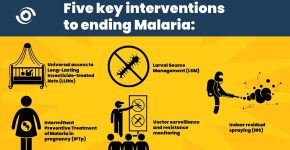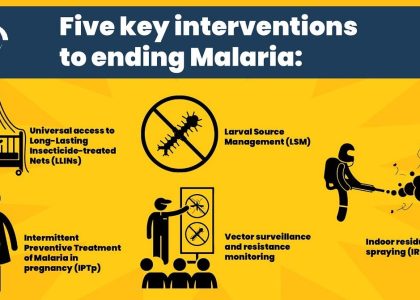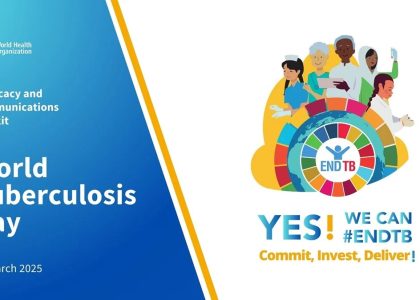Healthcare access and quality remain critical challenges in many African nations. While Kenya has made significant strides in digital health adoption, Nigeria faces structural and systemic barriers that hinder rapid improvements. This article compares the healthcare systems of both countries, highlighting key differences, successful case studies, and practical recommendations for improving healthcare in Southeast Nigeria. Deking Charity Foundation has been at the forefront of advocating for better and more urgent healthcare approaches in rural Nigeria, especially in the Southeast region.
Key Areas of Comparison
1. Healthcare Infrastructure and Accessibility
Nigeria:
- Faces acute shortages in hospital facilities, leading to overcrowding and poor healthcare access.
- Only 30% of primary healthcare centers are fully functional due to inadequate funding and lack of medical personnel.
- Rural communities suffer the most, with some having to travel over 50 kilometers to access a healthcare facility.
- The doctor-to-patient ratio is estimated at 1:5,000, far from the WHO-recommended 1:600.
- Many healthcare facilities lack basic amenities such as electricity, running water, and essential drugs.
Kenya:
- Has invested heavily in community health centers, increasing healthcare access to over 60% of rural populations through strategic government policies and donor-backed initiatives.
- The government has prioritized public-private partnerships (PPPs) to enhance healthcare service delivery.
- Kenya’s Universal Health Coverage (UHC) pilot program has increased health access in targeted regions.
- The doctor-to-patient ratio is approximately 1:1,500, significantly better than Nigeria’s.
2. Health Workforce and Brain Drain
Nigeria:
- Loses over 3,000 doctors annually to migration, primarily to the UK, Canada, and the U.S., resulting in doctor-to-patient ratios far below WHO recommendations.
- The high attrition rate is driven by poor working conditions, low remuneration, and inadequate career growth opportunities.
- Nigeria has approximately 74,000 registered doctors, but fewer than 40,000 practice within the country.
- Over 60% of healthcare workers report burnout due to understaffing and excessive workload.
Kenya:
- Retains a larger proportion of its health workforce due to government-backed incentives, competitive salaries, and digital support systems that facilitate telemedicine and remote consultations.
- The Kenyan government has introduced loan forgiveness programs and better working conditions to retain medical professionals.
- Digital health initiatives have eased the burden on urban hospitals by enabling healthcare professionals to consult with rural patients remotely.
3. Digital Health Implementation
Nigeria:
- Less than 20% of hospitals use electronic medical records (EMRs) due to poor infrastructure, limited digital literacy, and lack of policy enforcement.
- Telemedicine adoption remains low due to inconsistent power supply, inadequate internet connectivity, and resistance from traditional healthcare providers.
- Digital health initiatives are mostly concentrated in urban centers, leaving rural areas underserved.
Kenya:
- Over 60% of hospitals utilize EMRs, improving efficiency, reducing medical errors, and enhancing patient data security.
- Telemedicine and mobile health solutions have expanded access to specialist care in remote areas.
- Government initiatives such as the Afya House Digital Health Policy have accelerated e-health adoption.
4. Disease Surveillance and Epidemic Response
Nigeria:
- Has a slow response to disease outbreaks due to manual reporting, inadequate funding, and weak surveillance systems.
- The absence of a centralized health data system hampers effective disease tracking and management.
- The COVID-19 pandemic highlighted severe gaps in Nigeria’s epidemic response infrastructure.
Kenya:
- Uses digital platforms like DHIS2 (District Health Information Software 2) for real-time disease tracking, improving epidemic response and resource allocation.
- Government agencies collaborate with tech startups to leverage artificial intelligence (AI) for predictive health analytics.
- Kenya’s Integrated Disease Surveillance and Response (IDSR) framework has improved outbreak management.
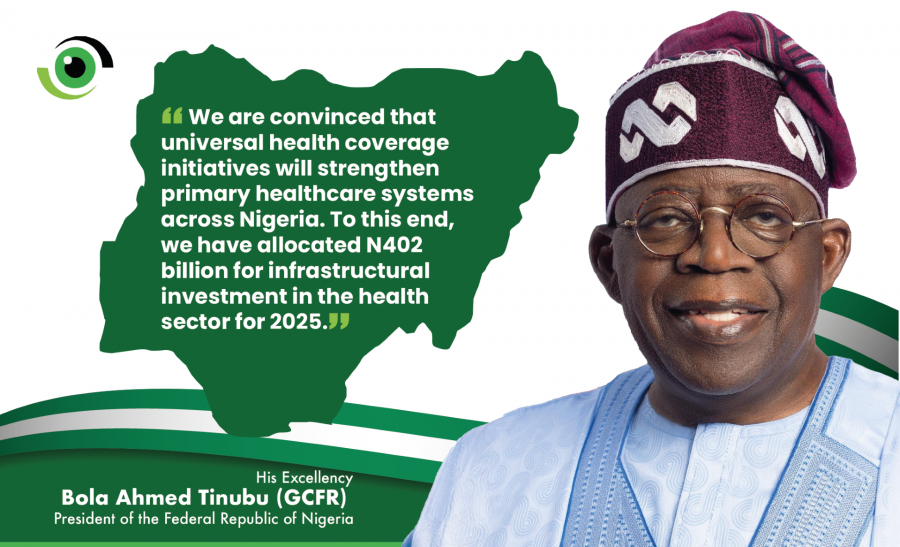
Case Studies of Digital Health Implementation
1. Kenya’s M-TIBA Digital Health Wallet
M-TIBA is a mobile-based health wallet that allows citizens to save, receive, and pay for medical services digitally, reducing financial barriers to care.
Impact:
- Over 5 million users enrolled.
- Increased insurance penetration, ensuring financial protection against medical expenses.
- Improved access to healthcare through financial inclusion, especially for low-income populations.
2. Nigeria’s Helium Health: Transforming Hospital Operations
Helium Health is a Nigerian startup that has digitized hospital management, offering EMRs, billing automation, and telemedicine services.
Impact:
- Adopted by over 500 hospitals nationwide.
- Streamlined patient records and hospital workflows, reducing administrative inefficiencies.
- Reduced medical errors, improving patient outcomes.
3. Kenya’s Afya Rekod: AI-Powered Personal Health Records
Afya Rekod is a cloud-based platform that enables patients to store and share their medical history digitally, allowing better coordination of care.
Impact:
- Increased patient data accessibility for doctors and specialists.
- Enabled real-time health monitoring for chronic disease management.
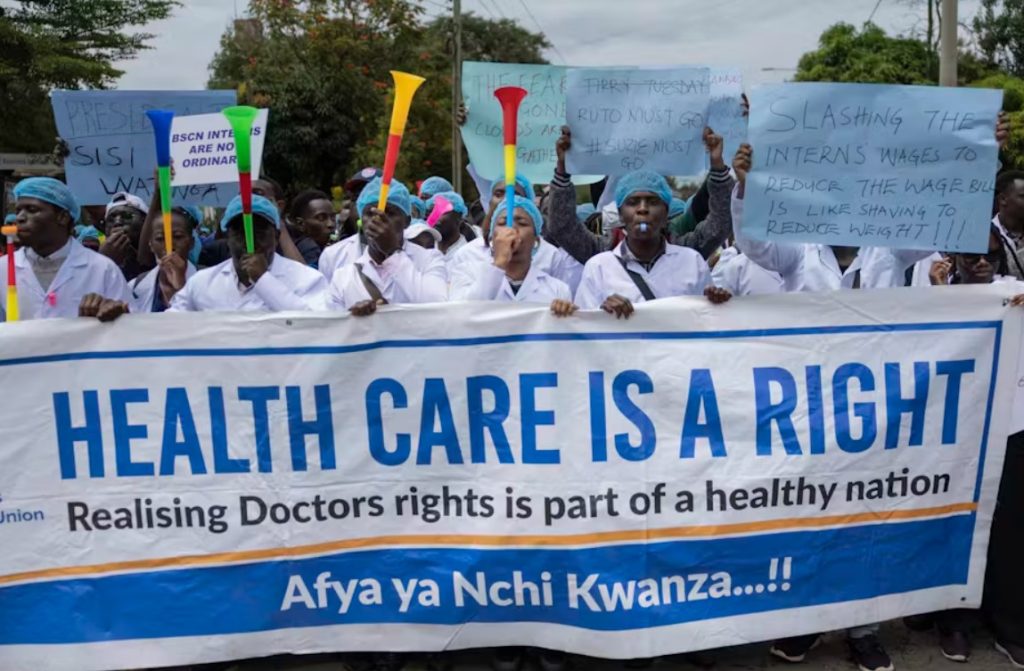
4. Nigeria’s LifeBank: Blood and Oxygen Supply Chain Optimization
LifeBank leverages technology to match blood banks with hospitals in urgent need of supplies, improving access to critical care resources.
Impact:
- Facilitated over 8,000 blood donations.
- Improved emergency response times, reducing fatalities in critical care cases.
Practical Recommendations for Southeast Nigeria
1. Adopt Digital Health Solutions
- Scale up telemedicine and mobile clinics to reach rural populations.
- Implement electronic medical records (EMRs) in primary healthcare centers to improve data accuracy and patient care.
- Develop government-backed mobile health applications to facilitate remote consultations and health education.
2. Improve Healthcare Workforce Retention
- Offer financial incentives and scholarships for rural medical workers to encourage them to serve underserved areas.
- Develop digital training programs to equip healthcare professionals with skills in telemedicine and data-driven health interventions.
- Implement a rural posting policy with attractive working conditions, including housing and career growth opportunities.
3. Enhance Healthcare Financing and Access
- Introduce a mobile health wallet similar to Kenya’s M-TIBA to enable financial inclusion in healthcare.
- Strengthen community health insurance schemes to reduce out-of-pocket medical expenses for low-income families.
- Expand public-private partnerships to attract investments in rural healthcare infrastructure.
4. Strengthen Disease Surveillance and Emergency Response
- Integrate AI-powered health monitoring systems for early detection of outbreaks and disease trends.
- Deploy community-based disease tracking systems to enhance epidemic preparedness and response.
- Establish a centralized digital health database to improve coordination between government agencies, hospitals, and emergency response teams.

5. Upgrade Rural Healthcare Facilities
- Deploy mobile clinics equipped with diagnostic tools to reach underserved rural areas.
- Upgrade primary health centers with solar-powered equipment to ensure uninterrupted medical services in areas with unstable electricity.
- Provide better staffing, training, and support for healthcare workers in rural communities.
Nigeria’s healthcare system, though facing challenges, has significant potential for transformation through strategic interventions and digital adoption. Learning from Kenya’s digital health successes, Nigeria can implement scalable innovations to enhance access, efficiency, and quality of care. Deking Charity Foundation remains committed to advocating for better healthcare solutions, particularly in rural Southeast Nigeria. By embracing digital health solutions, strengthening workforce retention strategies, and improving healthcare financing, Nigeria can create a more inclusive and effective healthcare system for all.








